|
LATORIAL
FAISON and SEAN
PATRICK MULROY won the top awards of $1,500 each in our 16th
annual Tom
Howard/Margaret Reid Poetry Contest. Contest co-sponsor Duotrope
awarded Faison and Mulroy one-year gift certicates (value $50) to
access Duotrope's extensive literary information services. 3,895
entries were received from around the world. We awarded 10 Honorable
Mentions to Wes Civilz, McKayla Conahan, Jen Stewart
Fueston, Brooke Harris, Simon Lewis, Belle Ling, Kathleen Lynch, Matt
W. Miller, Tim Slade, and Lena
Khalaf Tuffaha. Read today's press
release, and read the winning
entries selected by Soma Mei Sheng Frazier and assistant
judge Jim DuBois. Our 17th contest opens today. Ms. Frazier and Mr.
DuBois return to judge, and we have increased the top prizes to $2,000
each. Enter
here.
|
|
Early-Bird Deadline: May 1 ($15
entry fee)
Final
Deadline: May 15 ($20 entry fee)
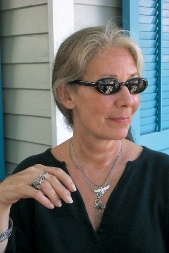 Writers of short fiction may now enter the 2019 Lorian
Hemingway Short Story Competition. The competition has a
thirty-nine year history of literary excellence, and Lorian Hemingway
and her small judging panel are dedicated to enthusiastically
supporting the efforts and talent of writers of short fiction whose
voices have yet to be heard. Lorian Hemingway, a granddaughter of Nobel
laureate Ernest Hemingway, is the author of three critically acclaimed
books: Walking into the River, Walk on Water,
and A World Turned Over. Ms. Hemingway is the
competition's final judge. Writers of short fiction may now enter the 2019 Lorian
Hemingway Short Story Competition. The competition has a
thirty-nine year history of literary excellence, and Lorian Hemingway
and her small judging panel are dedicated to enthusiastically
supporting the efforts and talent of writers of short fiction whose
voices have yet to be heard. Lorian Hemingway, a granddaughter of Nobel
laureate Ernest Hemingway, is the author of three critically acclaimed
books: Walking into the River, Walk on Water,
and A World Turned Over. Ms. Hemingway is the
competition's final judge.
The first-place winner will
receive $1,500 and publication of their winning story in Cutthroat:
A Journal of the Arts. The second- and third-place winners
will receive $500 each. Honorable mentions will also be awarded to
entrants whose work demonstrates promise. Cutthroat was founded by
editor-in-chief Pamela Uschuk, winner of the 2010 American Book Award
for her book Crazy Love: New Poems, and by poet William Pitt
Root, Guggenheim Fellow and NEA recipient. The journal contains some of
the finest contemporary fiction and poetry in print, and the Lorian
Hemingway Short Story Competition is both proud and grateful to be
associated with such a reputable publication.
Submit original unpublished
fiction up to 3,500 words in length. No restriction on country of
author. Submit online or by mail. Learn more on
our website.
|
|
Congratulations to Barbara
de la Cuesta, Evelyn Krieger, Trent
Busch, Mary K. O'Melveny, Gary
Beck, Sheila K. Barksdale, Patricia
J. Machmiller, Roberta Beary, R.
Bremner, Don Mitchell, Ruth
Thompson, Sarah Kornfeld, Paul C.
Thornton, R.T. Castleberry, and Yvonne
Chism-Peace.
|
|
Deadline extended
to April 30
This year's COG Page to Screen
Awards final judge is award-winning YA legend April
Sinclair, whose debut novel Coffee
Will Make You Black was named Book of the Year (Young Adult
Fiction) by the American Library Association, received the Carl
Sandburg Award, and established Sinclair as one of the first
author-activists to amplify the voices of urban teens. Accordingly,
Sinclair was voted the #43 Favorite Author of the 20th Century.
Gunning to be voted into the
ranks of America's favorite authors of the 21st century? Plenty of
decades to go...but it starts with getting your work out there, and the
COG Page to Screen Awards offer one writer the opportunity to see their
work adapted for the screen.
Submit unpublished short
stories and creative nonfiction pieces no longer than 7,000 words.
Entry fee: $17.
Winner receives:
·
$1,000 prize
·
Publication online and in the
print issue of COG
·
A blurb about your short story
by April Sinclair
·
Results will be announced in
May 2019.
Check out COG's
adaptations of prior literary competition winners—including Megan
Merchant's Lullaby, selected by 2017 US Poet Laureate and 2017 COG
Poetry Awards final judge Juan Felipe Herrera.
|
|
Deadline: April 30
The 41st annual Nimrod
Literary Awards—The Pablo Neruda Prize for Poetry and The Katherine
Anne Porter Prize for Fiction—are open. The Awards offer first prizes
of $2,000 and publication and second prizes of $1,000 and publication.
Winners will be brought to Tulsa in October for the Awards Ceremony and
Conference for Readers and Writers. All finalists and semi-finalists
will be considered for publication, and those published will be paid
$10 per page. The final judges for 2019 are Kim
Addonizio (poetry) and Margot
Livesey (fiction).
Guidelines:
·
Poetry: 3-10 pages
·
Fiction: 7,500 words maximum
·
Fee Per Entry: $20 payable to Nimrod,
includes a one-year subscription
No previously published works
or works accepted for publication elsewhere. Author's name must not
appear on the manuscript. Include a cover sheet containing major
title(s), author's name, full address, phone, and email. Entries may be
mailed to Nimrod or submitted online via Submittable.
For complete
rules, please visit Nimrod's website.
|
|
Deadline: May 1
DECEMBER
MAGAZINE seeks submissions for our 2019 Curt Johnson Prose
Awards in fiction and creative nonfiction. Judges—Rita Mae
Brown (fiction) and Amy Chua
(nonfiction). Prizes each genre—$1,500 & publication (winner); $500
& publication (honorable mention). All finalists will be listed in
the 2019 Fall/Winter awards issue. $20 entry fee includes a copy of the
awards issue. All submissions considered for publication. Submit one
story or essay up to 8,000 words. For complete guidelines and judge
information, please visit our website.
|
Deadline: May 13
Creative Nonfiction is
currently seeking experimental nonfiction for the "Exploring the
Boundaries" section ("experimental",
"boundaries"...yes, we know these can be loaded terms). We're
looking for writing that is ambitious, pushes against the conventional
boundaries of the genre, plays with style and form, and makes its own
rules. As always, we have only one absolute rule: nonfiction must be
based in fact.
Please note that this is NOT a
call for an entire "Exploring the Boundaries" issue of the
magazine; accepted pieces will be published one per issue, and earliest
possible publication will be in Issue #72 (Fall 2019). 4,500 word
maximum.
|
|
|
|
Deadline: May 15
Now in its 19th year, the Carve Magazine Raymond
Carver Short Story Contest is one of the most renowned
fiction contests in the world. Featuring prominent guest judges and
offering $2,500 across five prizes, the contest delivers exciting new
fiction from writers all over the world. The contest opens each year
April 1-May 15 and prizewinners will appear in the fall issue of Carve
in October alongside in-depth interviews of the authors. Additionally, Carve
will forward the winning stories to three literary agencies. Claire
Fuller, author of Bitter Orange, is the 2019
guest judge.
|
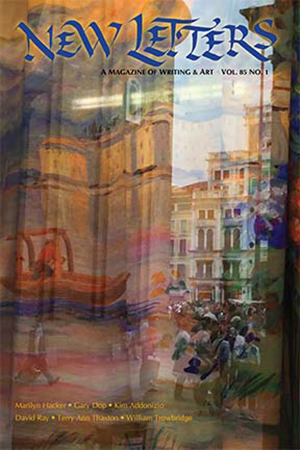 New
Letters invites you to
submit fiction, poetry, or an essay to the New Letters
Literary Awards. Winners receive $2,500 in each genre and publication
in New Letters. Deadline for entry is May 20th. New
Letters invites you to
submit fiction, poetry, or an essay to the New Letters
Literary Awards. Winners receive $2,500 in each genre and publication
in New Letters. Deadline for entry is May 20th.
All entries are considered for publication and must be
unpublished. All entrants receive a one-year subscription.
Winners will be announced mid-September 2019. Essay and fiction entries
may not exceed 8,000 words; poetry entries may contain one to six poems.
Previous judges have included Philip Levine, Joyce Carol Oates, Rishi
Reddi, Mary Jo Salter, Carole Maso, Cornelius Eady, Margot Livesey,
Benjamin Percy, Robin Hemley, and Kim Addonizio.
For
guidelines visit our website or send a
self-addressed stamped envelope to Ashley Wann, Assistant Editor, New
Letters, 5101 Rockhill Road, Kansas City, MO 64110.
|
|
Deadline: May 30
ENTER NOW!
We're waiting for you!
Judged by poet & critic John Yau
First Place: $1,200 + publication in Mudfish 21
First & Second Honorable Mentions: publication in Mudfish 21
ALL POEMS CONSIDERED FOR PUBLICATION
Submit 3 poems for $20, $3 for each additional poem.
Please include author name and poem titles on cover page only.
Send submissions to:
Mudfish
184 Franklin Street Ground Floor
New York, NY 10013
New electronic submission option
Go to Mudfish
and pay your entry fee via PayPal (accepts credit and debit cards
also). Then, email your poems to mudfishmag@aol.com
(include your PayPal transaction ID number).
"Jill Hoffman, a painter
and a poet and a fiction writer, edits a thick and handsome literary
magazine called Mudfish."
—Donald
Hall, A Carnival of
Losses: Notes Nearing Ninety
|
|
Deadline: June 1
Lynx House
Press seeks submissions of full-length poetry manuscripts for the 22nd
annual Blue
Lynx Prize for Poetry. The winner receives $2,000 and
publication.
The Prize is awarded for an
unpublished, full-length volume of poems by a US author, which includes
foreign nationals living and writing in the US and US citizens living
abroad.
Previous winners include
Carolyne Wright, Jim Daniels, Lou Lipsitz, Roy Bentley, Arianne
Zwartjes, Doren Robbins, and Lynne Burris Butler. The 2018 winner was
Joe Wilkins for his collection Thieve. Lynx House Press has
been publishing fine poetry and fiction since 1975. Its titles are
distributed by the University of Washington Press.
Poems included in submissions
may not have appeared in full-length, single-author collections.
Acknowledgments pages and author names may be included, but will be
removed prior to final judging. Entries must be at least 48 pages in
length. The reading fee for submitting is $28.
|
Deadline: June 10
Creative Nonfiction is looking
for new work about power. For this issue, we are seeking true stories
that explore the dynamics within groups and systems, however big or
small—for example, family units, schools, sports, churches, and
government.
We're interested in everything
from the murky world of politics to the power games we all occasionally
play. Share your stories about power lunches, power grabs, power suits,
powerlifting, people power (and/or power to the people), or will power.
Tell us about a time when you (or someone else) had power, or a time
when you didn't, or tell us about your secret superpower.
Above all, we are seeking vivid
narratives, sourced from true events, that demonstrate strong
storytelling, voice, and grasp of detail.
Essays must be previously
unpublished and no longer than 4,000 words. All essays must tell true
stories and be factually accurate. Everything we publish goes through a
rigorous fact-checking process, and editors may ask for sources and
citations.
See our
complete guidelines.
|
|
|
The MacGuffin's 24th Poet
Hunt Contest runs from April 1 through June 15! One first
place winner will receive $500 and publication in a future issue. This
year, we're excited to bring in Richard
Tillinghast to serve as guest judge.
There are two ways to enter:
submit online by visiting our website
and selecting "MacGuffin" from the SHOP tab where you can
purchase an entry; or mail up to 5 poems, an index card with your name,
poem titles, and contact info, and a $15 check/cash entry fee (make
checks payable to Schoolcraft College) via post. For full
info, see our
contest rules.
|
|
Deadline: July 15
The annual Rattle
Poetry Prize is once again offering $10,000 for a single
poem to be published in the winter issue of the magazine. Ten finalists
will also receive $200 each and publication, and be eligible for the
$2,000 Readers' Choice Award, to be selected by subscriber and entrant vote.
With the winners judged in a
blind review by the editors to ensure a fair and consistent selection,
an entry fee that is simply a one-year subscription to the magazine—and
a runner-up Readers' Choice Award to be chosen by the writers
themselves—the Rattle Poetry Prize aims to be one of the most
writer-friendly and popular poetry contests around.
We accept entries online and by
mail. See Rattle's
website for the complete guidelines and to read all of the
past winners.
Enjoy "The
Blades" by Katie Bickham, winner of the 2018 Readers'
Choice Award:
THE BLADES
In the new world, as the
goddess dictated,
each time a man touched a woman against
her will, each time he exposed himself,
each time he whistled, dropped something
in her drink, photographed her in secret
she sprouted a wing from her
spine. Not feathered,
like birds or angels, not cellular, translucent,
veined like dragonflies, but a wing
like a blade, like a sword hammered flat,
thin as paper. One wing per wrong.
At first, the women lamented.
All their dresses
needed altering, their blankets shredded,
their own hair sliced off like a whisper
if it grew down their backs. And those
misused by fathers, bosses, drunken strangers
evening after evening were
blade-ridden,
their statures curved downward like sorrow
under such weight. But this was not the old world
of red letters or mouthfuls of unspoken names,
not the old world of women folded
around their secrets like
envelopes, of stark
rooms where men asked what they’d done
to deserve this. And the goddess whispered
to the women in their dreams, and they awakened,
startled, and knew the truth.
They pinned up their hair,
walked out into the morning,
their blades glittering in the sun, sistering
them to each other. They searched for the woman
with the most blades, found her unable to stand,
left for dead, nearly crushed beneath the blades’ weight.
They called her queen. They
lifted her with hands
gentle as questions, flung her into the air,
saw her snap straight, beat the wings at last,
and they followed her, a swarm of them, terrible
and thrumming, to put the blades to use.
|
|
When independent single dad
Aubrey reveals that he has stage 4 cancer, "normal life" goes
out the window for his ex-wife and their thirteen-year-old son. They
and others witness his brave efforts to heal himself in his final
months of life as he struggles to come to terms with his mortality. The
family learns on their feet as they encounter each new situation. The
narrative shares an unsentimental description of the patient's
experiences with hospitals and nursing care, the end-of-life decisions
he encounters, the activities of his caregivers, the responsibilities
of his health-care advocates, and the role of professional helpers such
as Social Workers and Hospice.
"Emily Bracale of Bar
Harbor, Maine won this year's Grand Prize across all genres for her
graphic narrative, Our Last Six Months, a tender,
homespun, and informative memoir of how her blended family came
together to nurse her ex-husband through terminal cancer…Despite
the heavy topic, the artwork has an intimate, humorous flavor, almost
like The New Yorker's Roz Chast…We were so impressed
with the potential of this format that we are adding a Graphic
Narrative category for the 2019 prize."
—Jendi Reiter, awarding the Grand Prize to Our Last
Six Months
"This is more than a
memoir—it is an essential guidebook for others in similar difficult
situations. The author gives us a direct and true account in an honest
and openhearted way, never maudlin or sentimental. Illustrations help
to tell this story with warmth and humor. This is a gem of a
book."
—Jeanie Smith, Board President, The Whole Health Center
|
The Bronx is a
worthy subject for poetry:
this belief has motivated Rodriguez's writing for over four decades.
Growing up with his parents’ memories of the Golden Age of The Bronx,
Rodriguez witnessed the borough's fall to ruin. He refers to his three
books as The Bronx Trilogy. All are available on his Smashwords
page.
From the Banks
of Brook Avenue,
the third book of the trilogy, just won first
prize for poetry in the North Street Book Prize competition.
Jendi Reiter’s critique can be read at Winning
Writers. A Kirkus
reviewer wrote:
Poet Rodriguez...brings his Bronx
Trilogy to a resounding, satisfying conclusion...His verse
is unpretentious though never unprepossessing...Rodriguez makes room
for a strand of social commentary that not only lends his writing
weight and force, but also makes the collection a compelling read for New
Yorkers and non-New Yorkers alike... (Kirkus Reviews)
Concrete
Pastures of the Beautiful Bronx, the second book, received this commentary by Ingrid
Swanberg, editor of Abraxas and of Ghost Pony Press:
These poems lyrically evoke the
Bronx realities of the "promised land"—its people, ancestors,
ghosts, tenements, streets, cemeteries, landlords, police, laborers,
poverty, baseball, "the secrets of the land beneath the
asphalt" and, above all, the joy and exuberance of the young...He
expresses a patience with America, "nation of immigrants", as
rare as the beauty his poetry uncovers in the slums of the Bronx.
The Shoe Shine
Parlor Poems et al,
the first book, was published by Ghost Pony Press in 1984. In The Bronx
County Historical Society Journal, Mary Ilario wrote:
The erratic rhythm of his poems
evokes images sharp as photographs. You meet the people of his world, a
world filled with casual violence and brutality...No, his poetry is not
at all pretty, but it is very beautiful. I think you will find it well
worth reading, even if you don’t like poetry.
Also available
at Smashwords (free!): From the
Banks of Brook Avenue: Annotated Edition
Each of the forty poems is followed by a discussion of the people,
places, and events that inspired it, and the author shares previous
drafts and early notes.
|
|
"a
sensitive, complex portrait of people coming to terms with unthinkable
acts perpetrated against one another"
—Jendi Reiter, awarding the North Street Book Prize to Saving
Nary
Exploring the losses, loyalties
and secrets held within families broken by war and genocide, Saving Nary
presents a palette of unique characters who struggle to make sense of
the events that led them to America, even as they ponder the
bewildering culture and lifestyle of their new homeland.
Refugee Khath Sophal lost everything when the Khmer Rouge swept into
power in Cambodia: family members murdered before his eyes; his
daughters taken from him and still missing; his sanity barely intact
from the brutality he has been forced to witness.
Now resettled in the Pacific Northwest, Khath treads a narrow path
between the horrors of his past and the uncertainties of the present.
Then Khath meets Nary, a mysterious and troubled Cambodian girl whose
presence is both an aching reminder of the daughters he has lost, and
living proof that his girls, too, could still be alive.
Nary's mother Phally, however,
is another matter. A terrible suspicion grows in Khath's mind that
Phally is not who or what she claims to be. A split develops in the
community between those who believe Phally and those who believe Khath.
And those, it seems, who just want to stir up trouble for their own
personal gain.
Khath's search for the truth leads him to the brink of the brutality he
so despises in the Khmer Rouge. His struggle to wrest a confession from
Phally ultimately forces him to face his own past and unravel the
mystery of his missing daughters.
|
Pavarotti and
Pancakes has been called a moving memoir that
chronicles growing up with a mother who slid into psychosis because of
sexual abuse suffered during her childhood. Part family saga, part
cultural history of Italian-American manhood, this tragicomic
coming-of-age is set against the rise and fall of Atlantic City, New
Jersey.
The author's extended family
embodied the best and worst of southern Italian culture: loyalty, pride
and a secretive code of silence. They spent decades protecting the
family's good name by expertly sweeping abuse and alcoholism under the
rug. The author's father, a concrete contractor nicknamed "Frankie
the Voice" for his musical talent and guinea charm, brazenly
rubbed elbows with members of the Mafia who controlled Atlantic City in
the 1980's. His cavalier and chauvinistic approach to life angered his
in-laws, who blamed his manly code of incompetency for their sister's
misery and depression.
Critics have said that Pavarotti
and Pancakes is a cathartic, immersive, and compelling
read, with a hopeful ending.
"Pavarotti
and Pancakes stood out from other family-trauma memoirs
we've read, because the author wants to tell the story of something
larger than himself: an Italian immigrant community with gifts and
flaws on an operatic scale. Atlantic City herself becomes a
character—his mother's story arc writ large, all glittering promise and
seamy collapse. Instead of prescriptive platitudes about recovery and
forgiveness, Granieri simply lets his agonized love for his mother
emerge from the texture of their everyday lives. It comes through in
his nostalgia for the long-lost happiness of Sunday breakfasts, or the
years of shell-shocked patience as the boys try to concentrate on
normal childhood preoccupations of homework, girls, and baseball while
stepping over her filthy prone form on the carpet."
—Jendi Reiter, awarding the North Street Book Prize to Pavarotti
and Pancakes
|
|
Some contests are best suited
to writers at the early stages of their careers. Others are better for
writers with numerous prizes and publications to their credit. Here is
this month's selection of Spotlight Contests for your consideration:
Intermediate Writers
Black
Orchid Novella Award. $1,000 and publication
in Alfred Hitchcock's Mystery Magazine is awarded for the best
traditional mystery novella. Prefers an old-fashioned story of
deduction, with a witty style and an engaging relationship between the
characters, and no explicit sex or violence. Due May 31.
Advanced Writers
Whiting
Foundation Creative Nonfiction Grant. Up to
eight grants of $40,000 each will be awarded to US writers completing
creative nonfiction books that are currently under contract with US
publishers. Due April 22.
|
|
|
Literate citizens earn more
money, take better care of their health, commit fewer crimes, and are
better able to help their children learn. ProLiteracy has been leading
the charge for over 60 years. Get the
facts.
|
Selected Greats from our Fiction & Essay Contest
Winners
This month, editor Jendi Reiter
highlights selected entries from past Tom Howard/John H. Reid Fiction
& Essay Contests. This year's deadline is April 30. Learn
more about the contest.
"After
It Rains"
by Stacie Tomita
Most Highly Commended
2013 Tom Howard/John H. Reid Fiction & Essay Contest
"Inside"
by Dana Yeo
Most Highly Commended
2013 Tom Howard/John H. Reid Fiction & Essay Contest
|
|
And a woman who held a babe
against her bosom said, Speak to us of Children.
And he said:
Your children are not your children.
They are the sons and daughters
of Life's longing for itself.
They come through you but not
from you,
And though they are with you,
yet they belong not to you.
You may give them your love but
not your thoughts.
For they have their own
thoughts.
You may house their bodies but
not their souls,
For their souls dwell in the
house of tomorrow, which you cannot visit, not even in your dreams.
You may strive to be like them,
but seek not to make them like you. For life goes not backward nor
tarries with yesterday.
You are the bows from which
your children as living arrows are sent forth.
The archer sees the mark upon
the path of the infinite, and He bends you with His might that His
arrows may go swift and far.
Let your bending in the
archer's hand be for gladness;
For even as he loves the arrow
that flies, so He loves also the bow that is stable.
|
 Graphic
Novels and Comics Roundup: Witches, Gods, and Ducks Graphic
Novels and Comics Roundup: Witches, Gods, and Ducks
The purple melodrama of "Batman" suits my camp aesthetic, but
at read-aloud time, I try to point out the mental-health ableism and
inaccuracy of Arkham Asylum as a revolving door of grotesque villains.
Batman and the Joker seem like two sides of self-hating
homosexuality—the flamboyant predator and the Übermensch of the police
state.
|
|
|
|

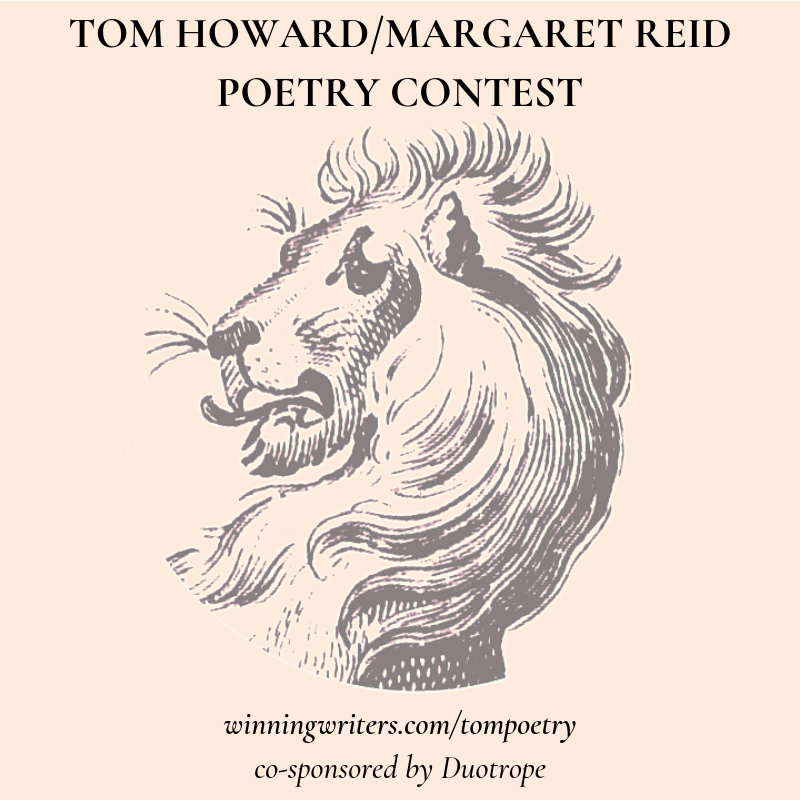
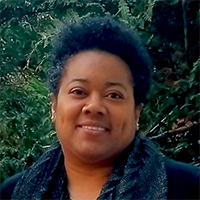





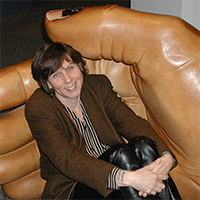



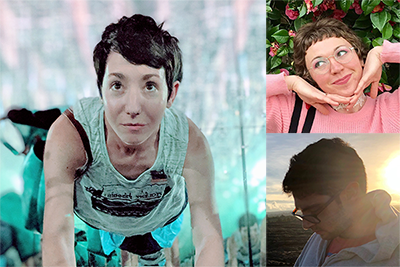

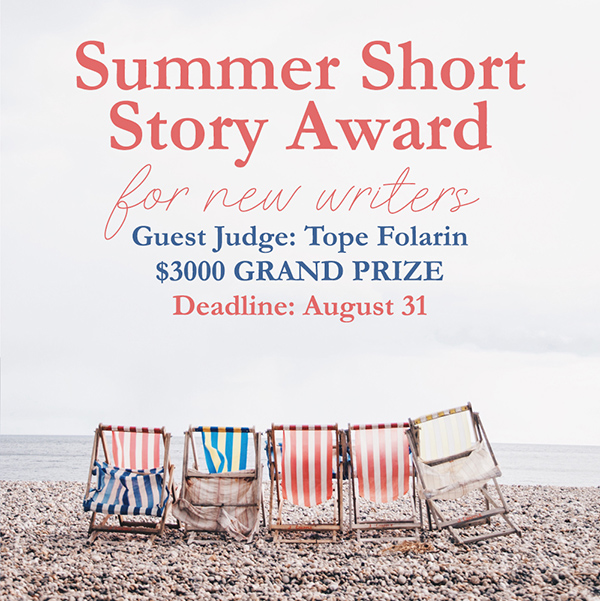
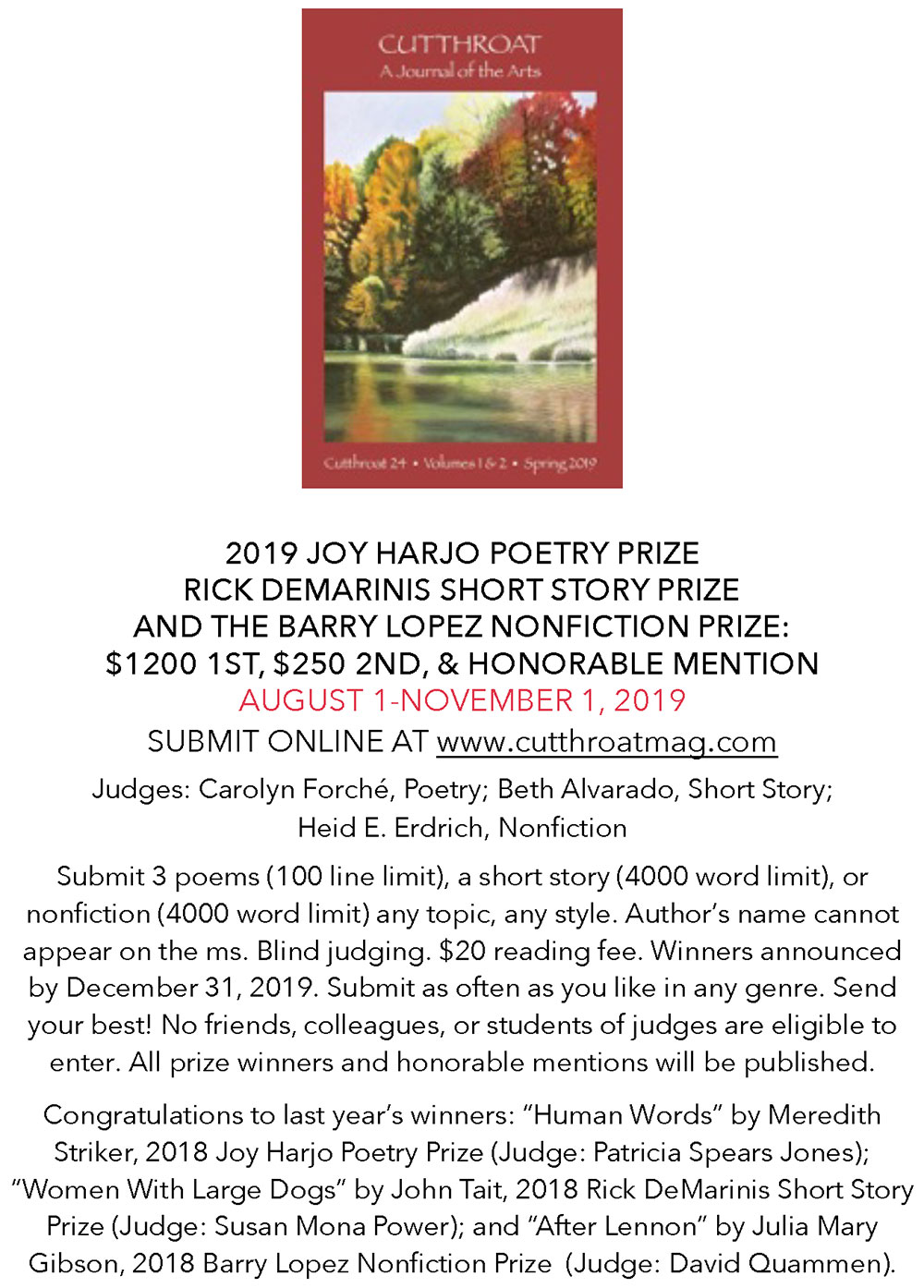
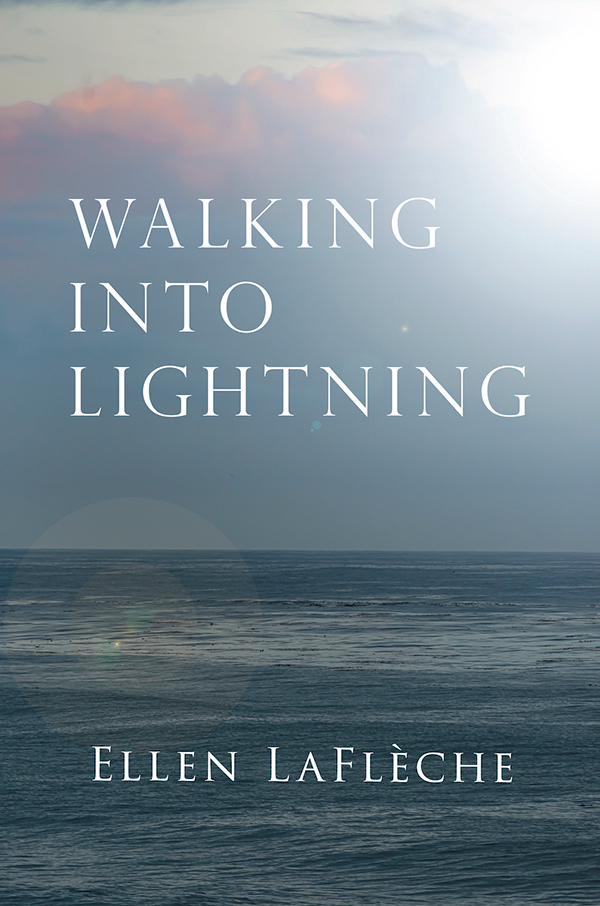
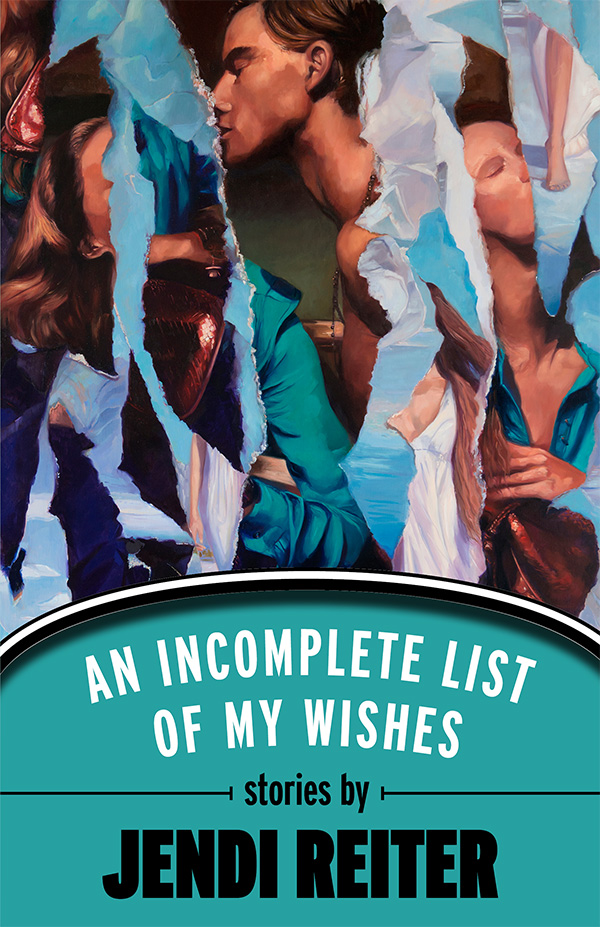
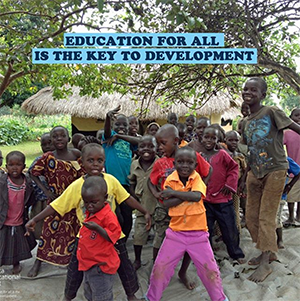
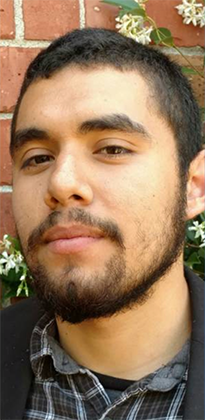
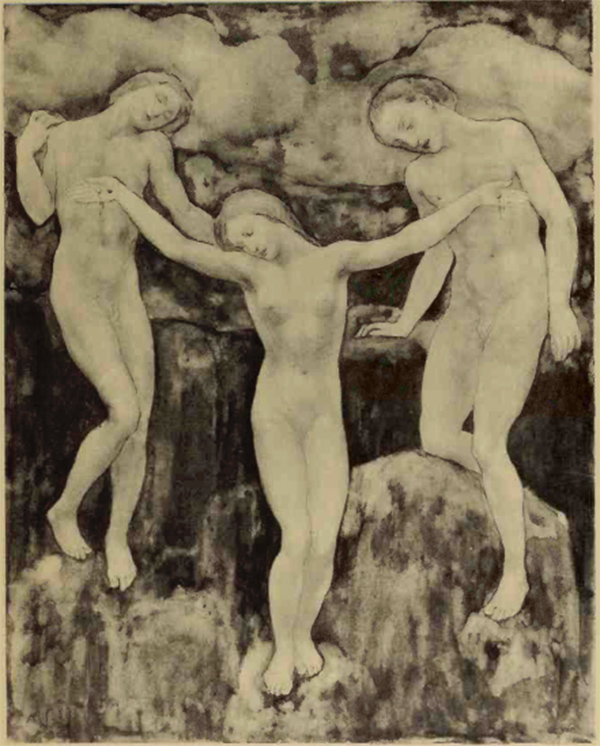


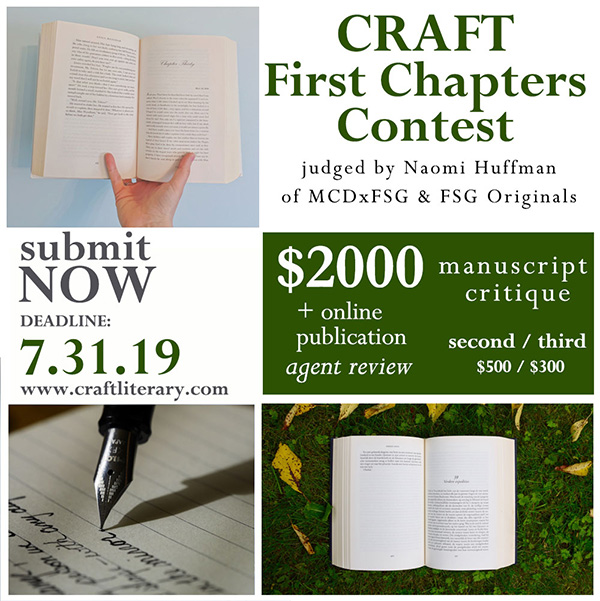

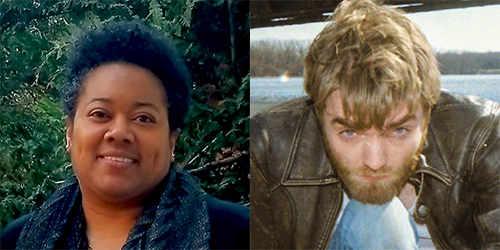
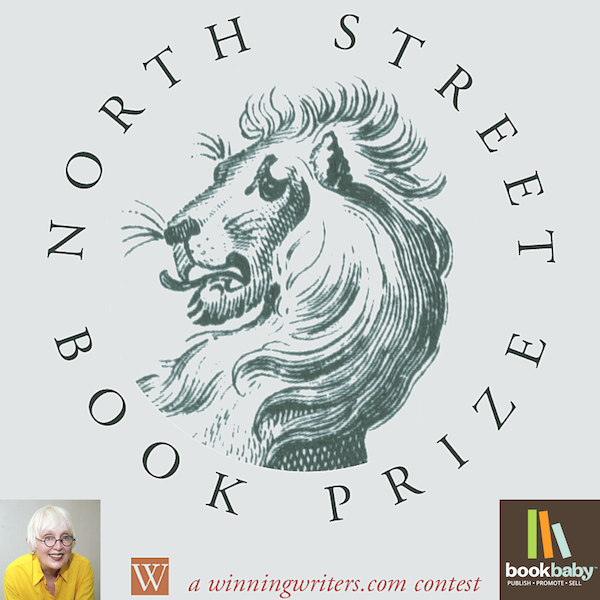
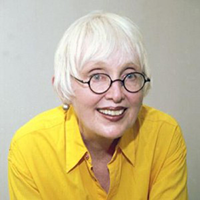
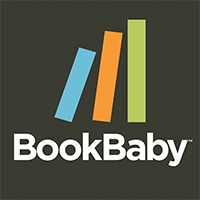


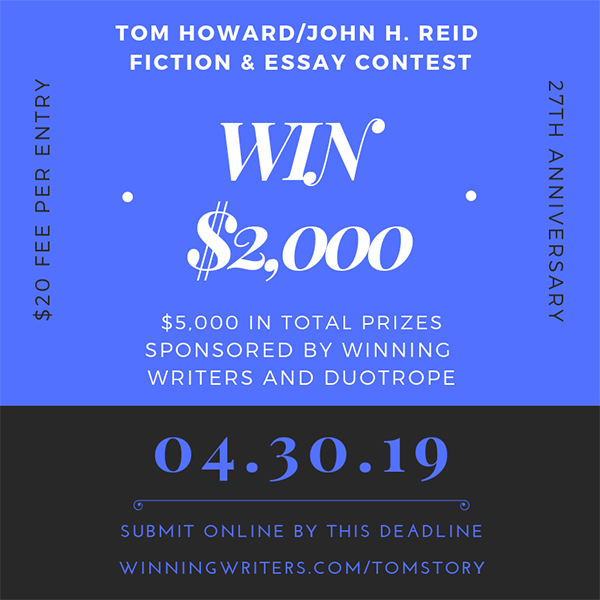

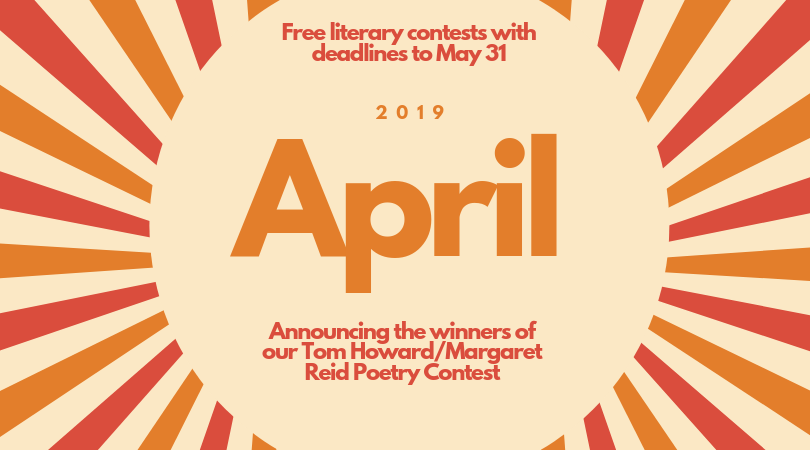
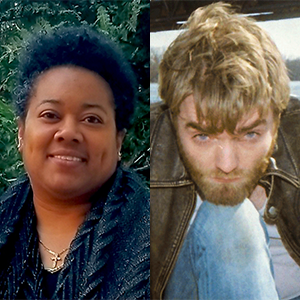


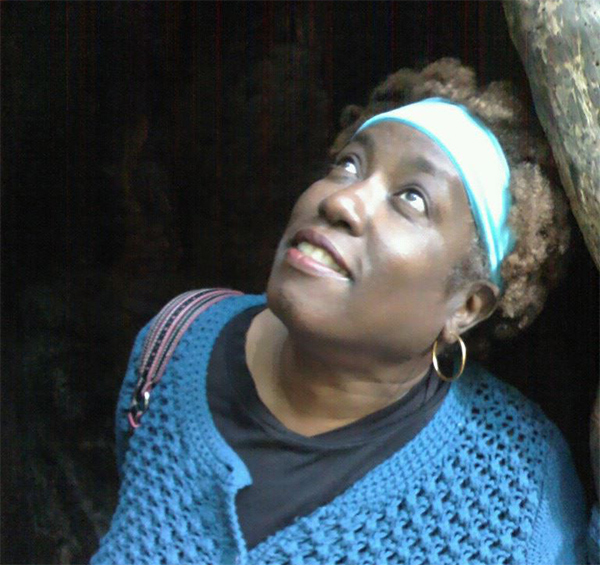
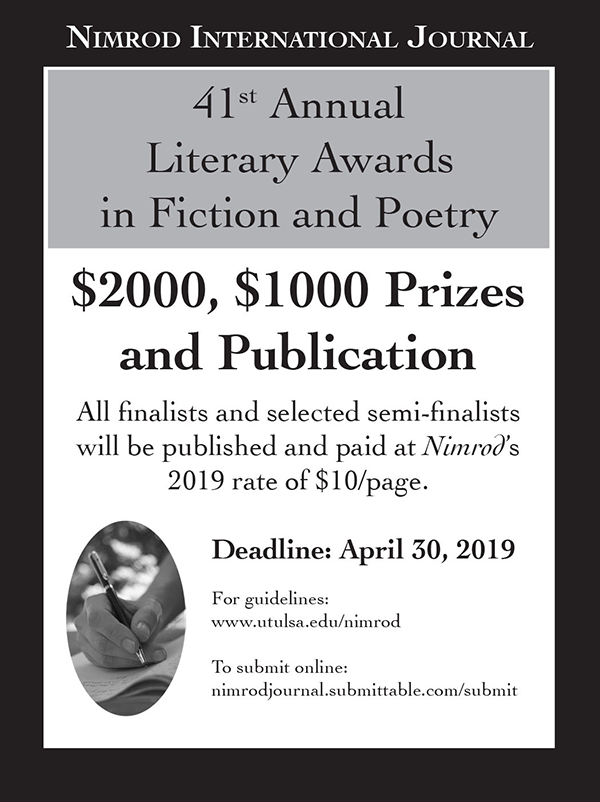

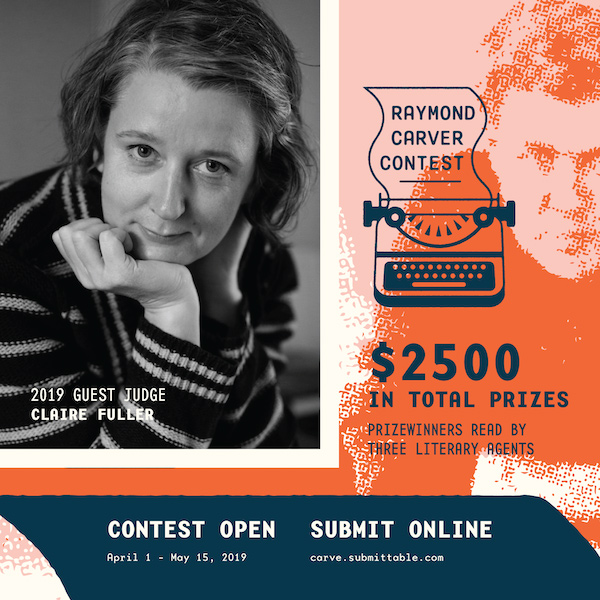

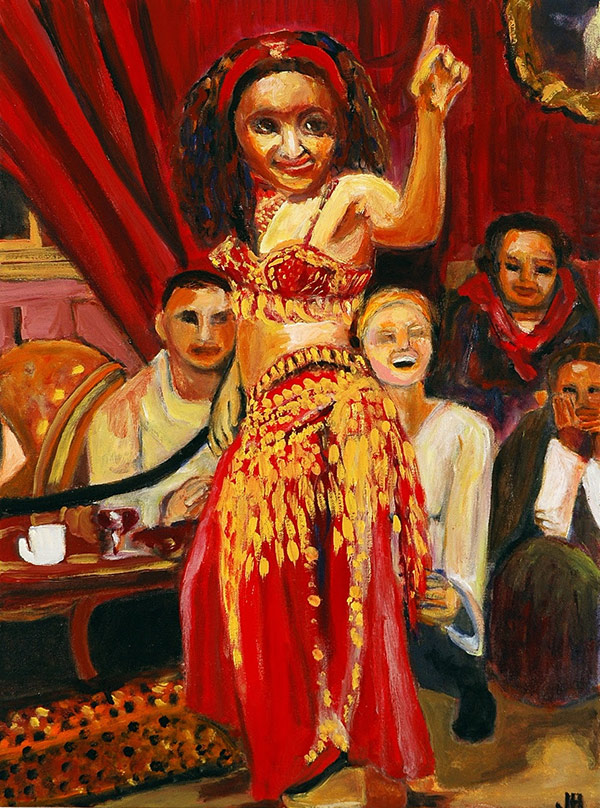
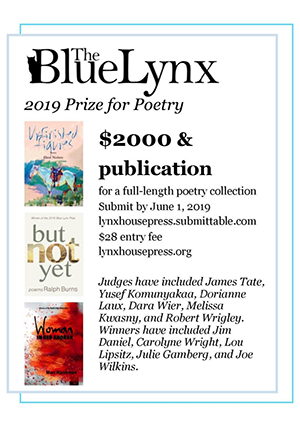
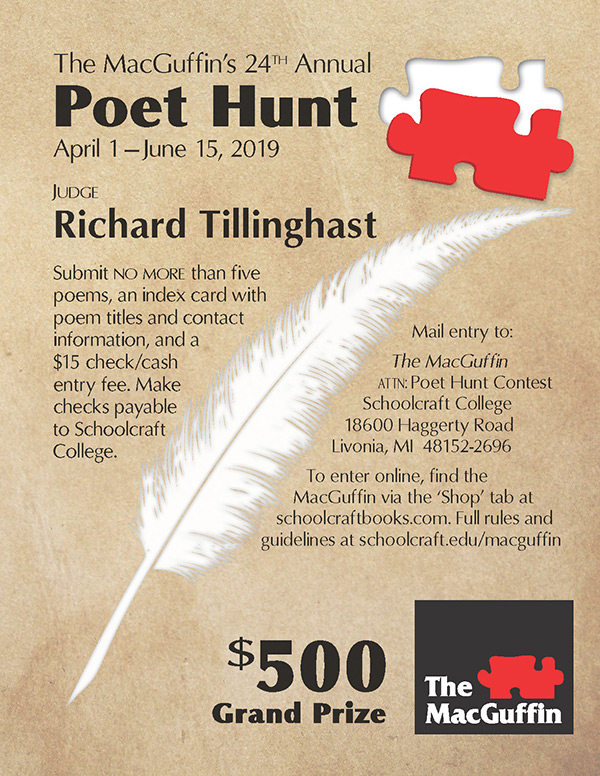
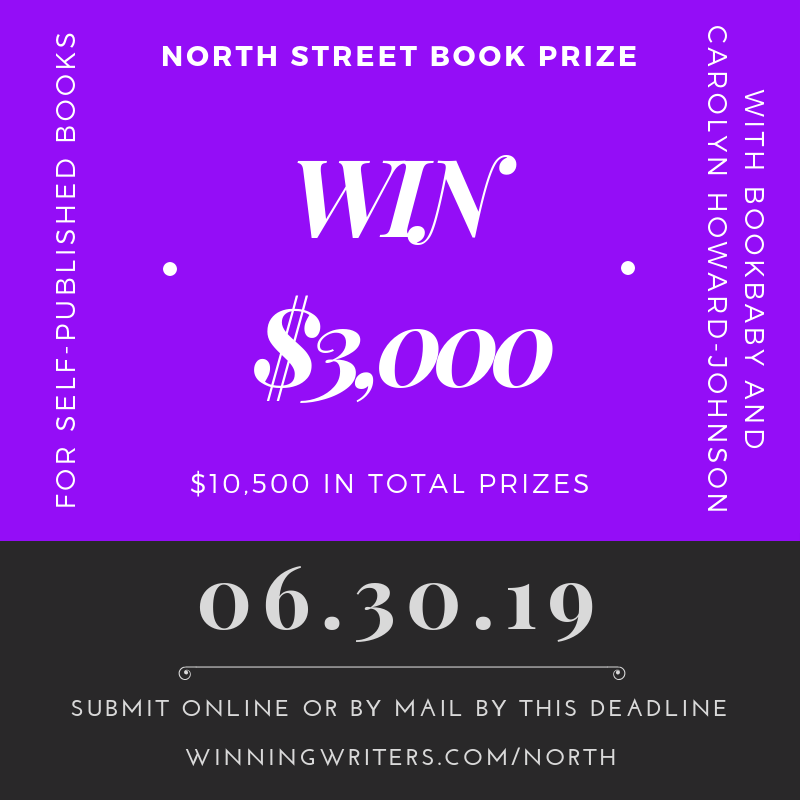
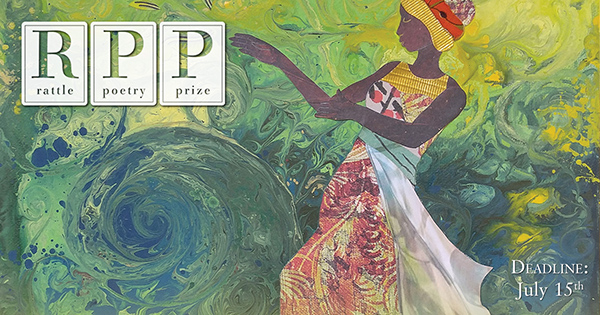
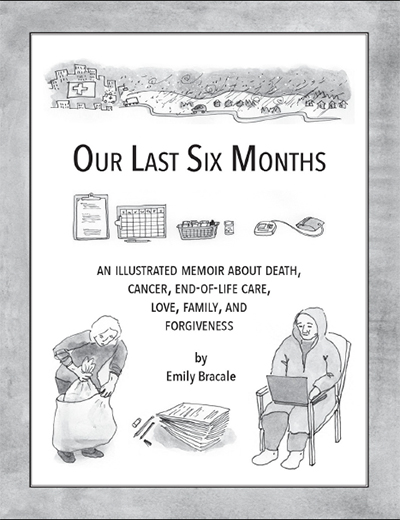
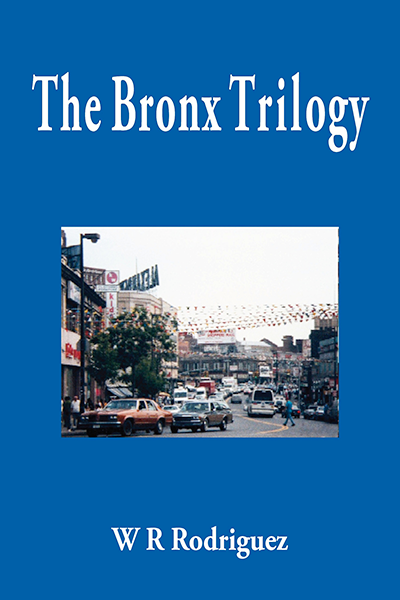
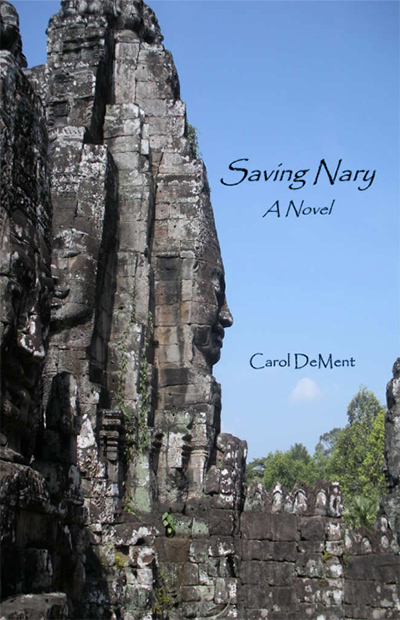
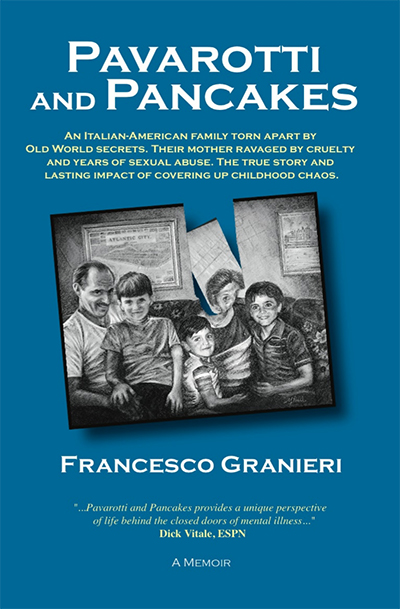
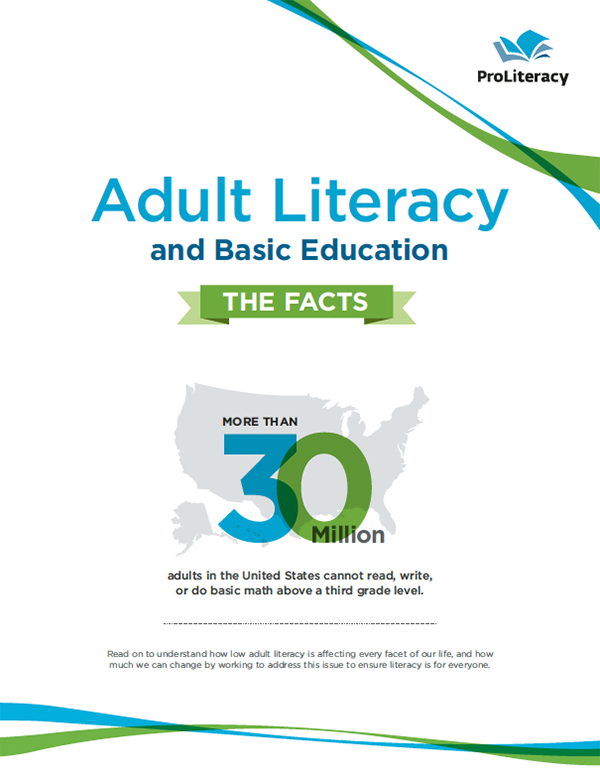

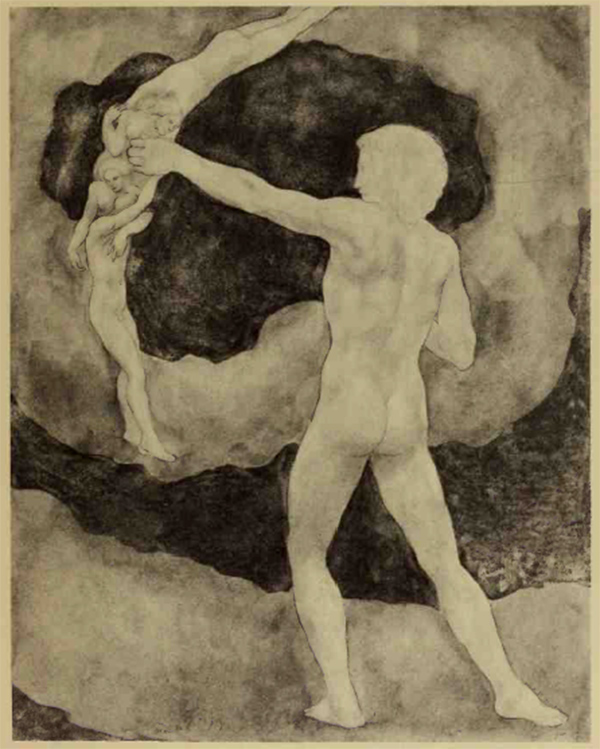


No comments:
Post a Comment